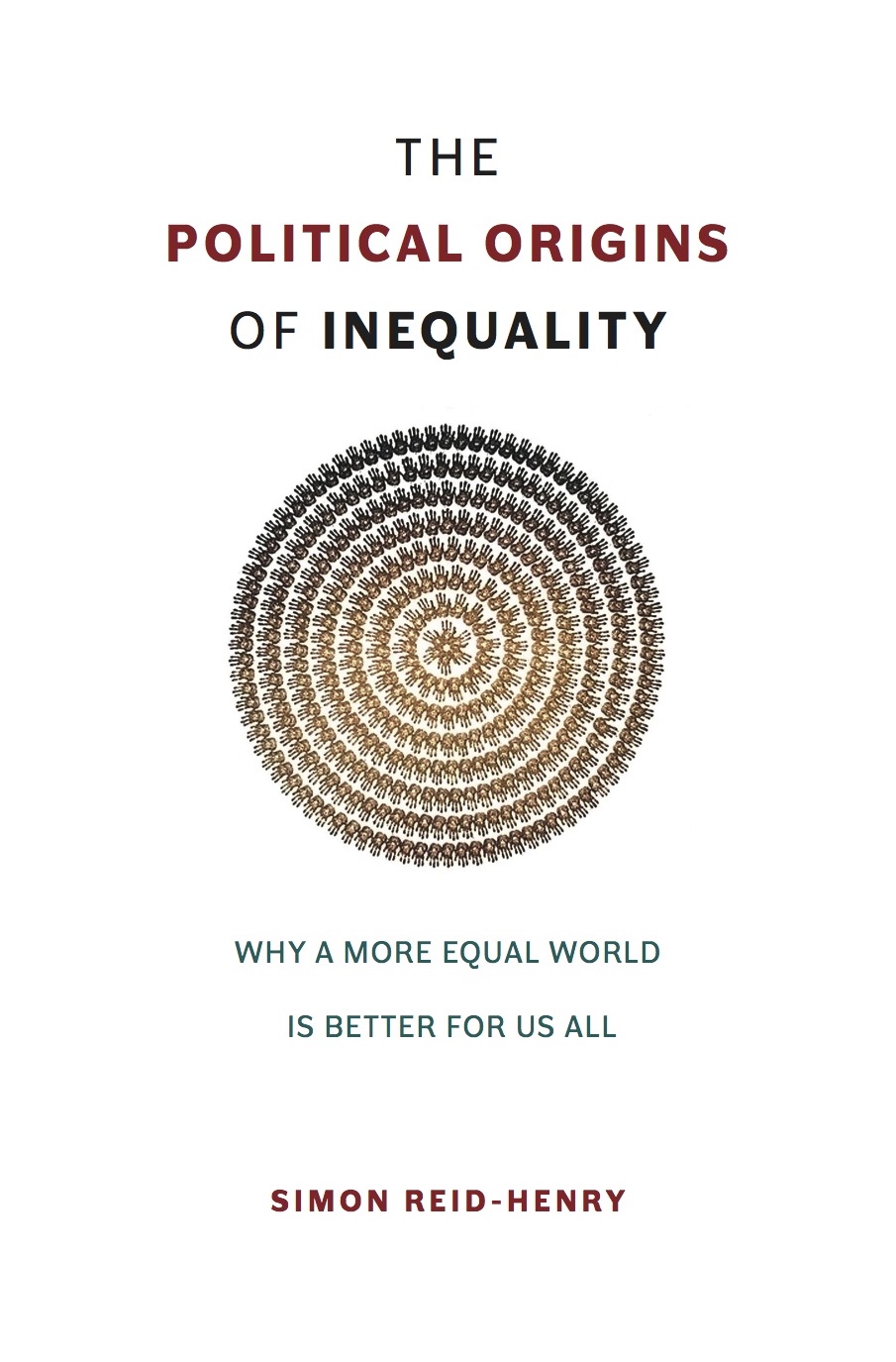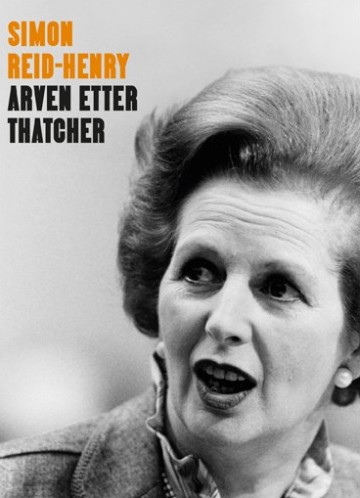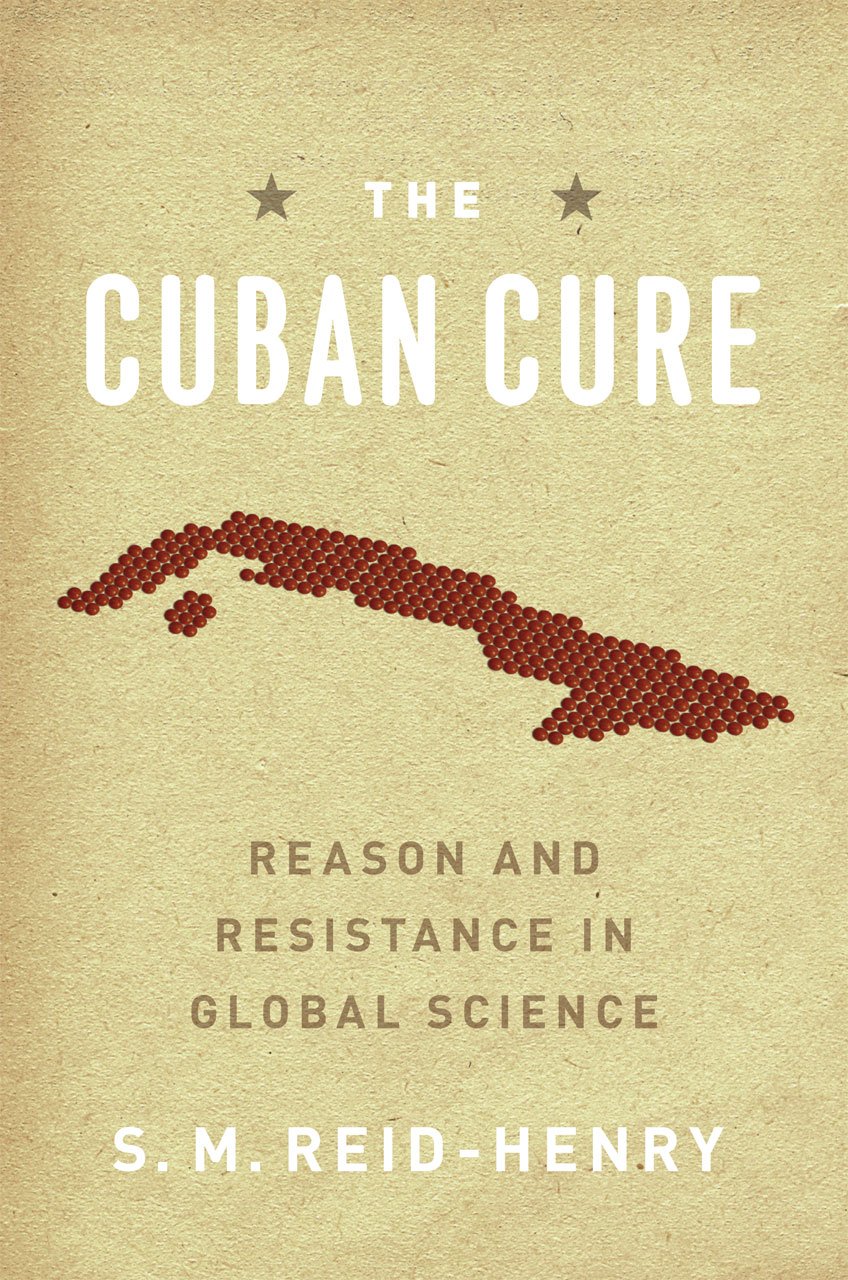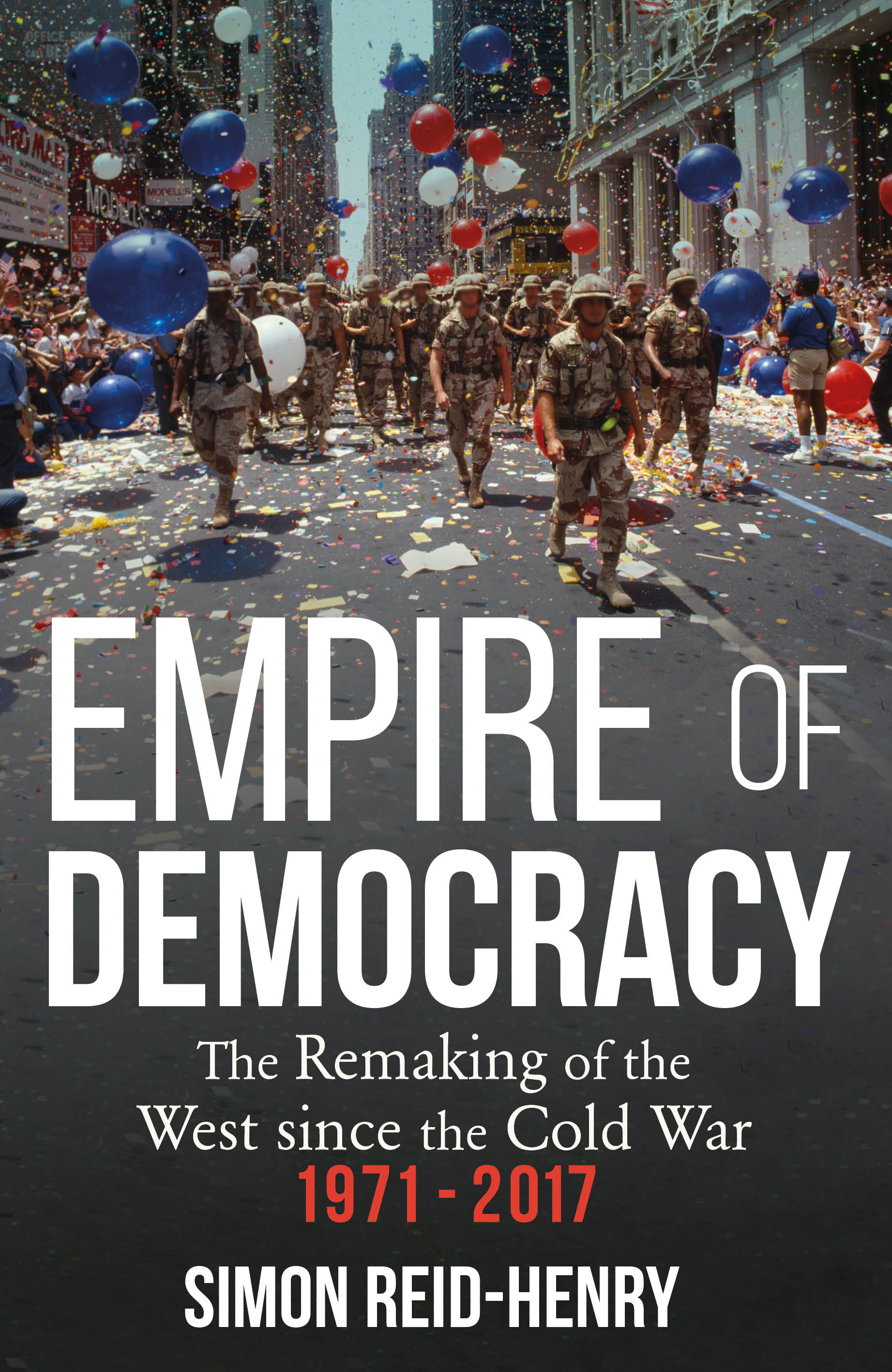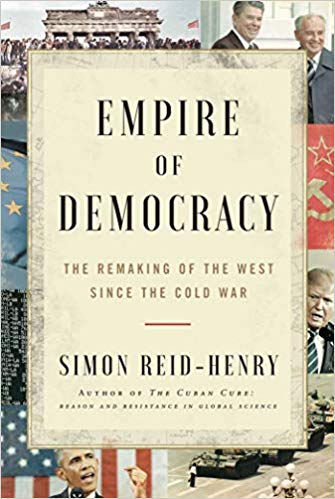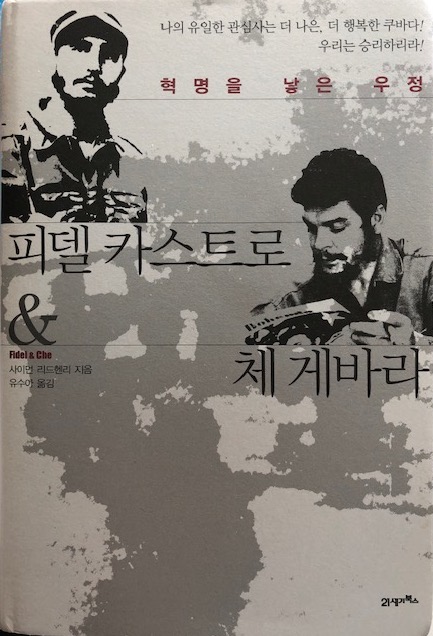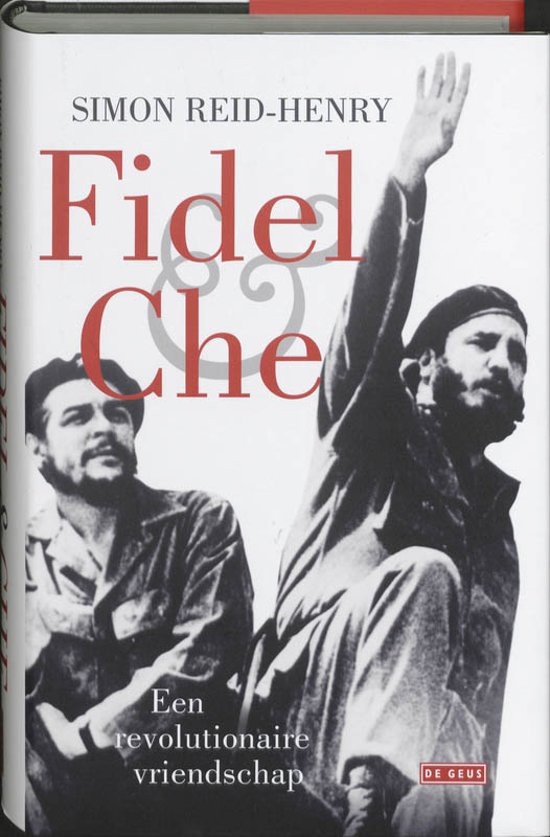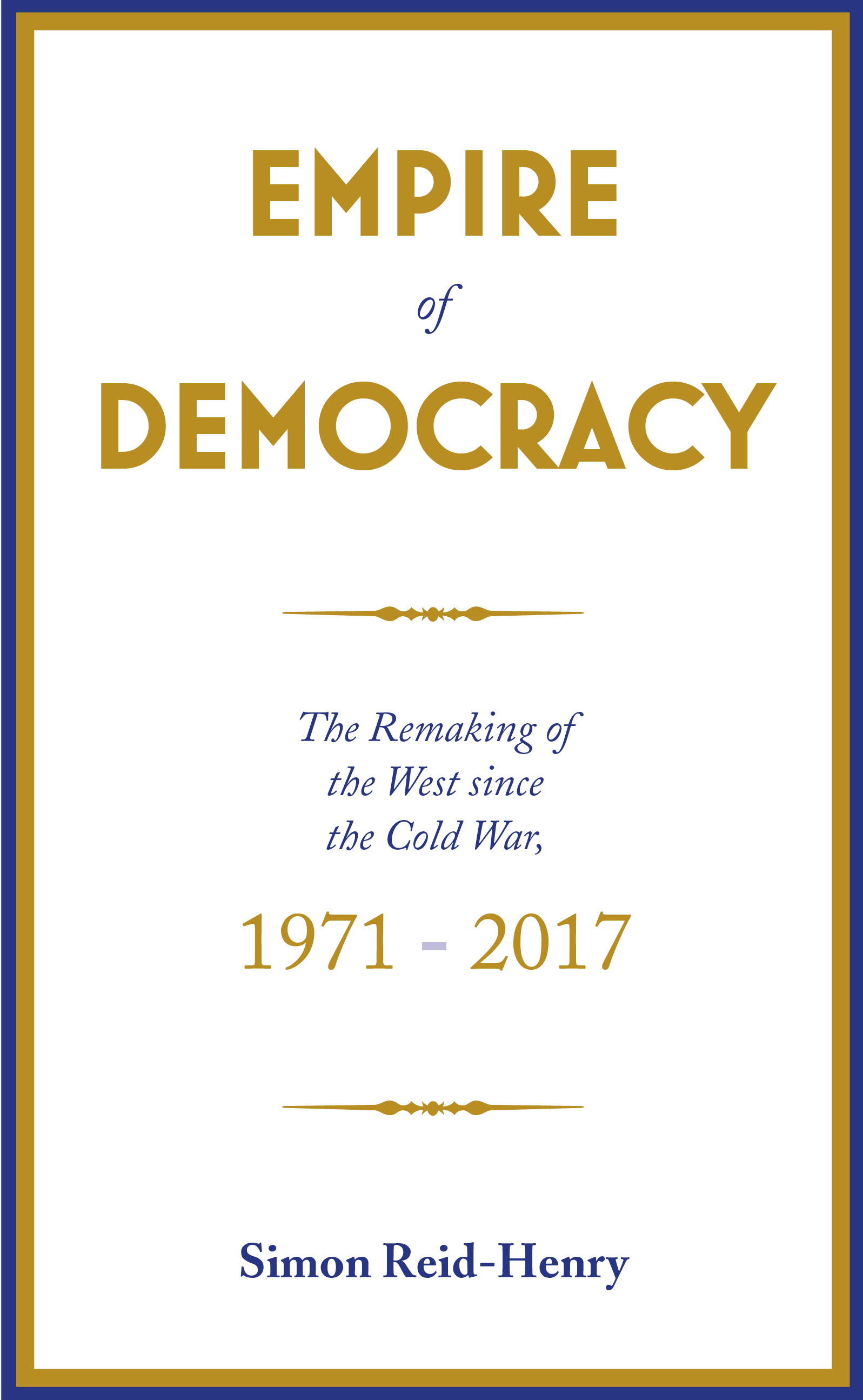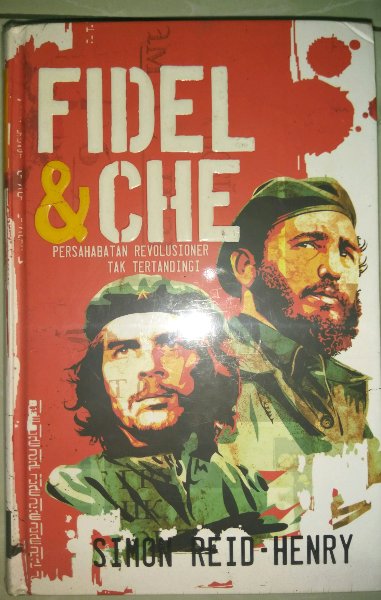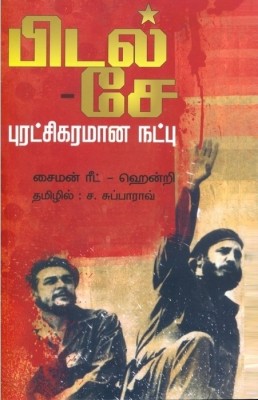My books uncover the human dramas behind the great structural changes of our time: the “tides of history,” as Fernand Braudel put it. I am a passionate believer in the power of thematic narratives to craft compelling stories about the way the world works.
EMPIRE OF DEMOCRACY: THE REINVENTION OF THE WEST SINCE THE Cold War, 1971-2017
Simon & Schuster/John Murrays/Doubleday (2019)
The first panoramic history of the Western world from the 1970s to the present day, Empire of Democracy is the story for those asking how we got to where we are. In this epic narrative of the events that have shaped our own times, the deeper currents that lead us to the crisis of liberal democracy today are lain bare. Empire of Democracy unfolds as a dramatic narrative of the age we have all been living through, but it also provides a stunning reflection on the nature of democracy itself.
"Simon Reid-Henry has written a superbly informed and riveting historical analysis of our contemporary era, which opened in the 1970s and, as he brilliantly demonstrates, continues to transform the premises of Western democracies.” —Charles S. Maier, Harvard University
“Exploding the myth that current troubles are due to an attack by malignant outsiders on a 'liberal order' crafted in 1945, Simon Reid-Henry shows that our current travails make sense as part of the self-conscious turn by mainstream elites to a neoliberal understanding of democracy in the 1970s — and the intensification of their mistake after the fall of communism in the 1990s. Brilliantly, Reid-Henry calls for the salvation of democracy from the choices of its own leaders if it is to survive.” —Samuel Moyn, Yale University
“Supremely readable and illuminating.”—The Bookseller
“[A] colossal history of the last half-century.” —Sunday Times
“A monumental and nuanced history of the past half-century” —Irish Times
“With a sweeping, transnational perspective, Empire of Democracy offers an alternative history of the modern West, showing how the upheavals of the 1970s brought forth a new political-economic order—and how the tensions between liberalism, capitalism, and democracy have culminated in the succession of crises facing the West today.” —The American Interest
“I implore you to get off Twitter right away and buy this magnificent book. It may be the most valuable political education and history lesson you receive in 2019.” —Irish Independent Review
“Panoramic, well-researched, consistently stimulating transnational history … an engrossing overview of how we got to the present.” —Roger Bishop, Bookpage.com
THE POLITICAL ORIGINS OF INEQUALITY
University of Chicago Press (2016)
Inequality is the defining issue of our time. But it is not just a problem for the rich world. It is the global 1% that now owns fully half the world’s wealth—the true measure of our age of inequality. In this historical tour de force, Simon Reid-Henry rewrites the usual story of globalization and development as a story of the management of inequality. Reaching back to the eighteenth century and around the globe, The Political Origins of Inequality foregrounds the political turning points and decisions behind the making of today’s uneven societies.
“This is an important book about big issues, dismissive of facile solutions, it should change the terms of the debate on why the gaps between us are so wide and what we could do about them.”—Danny Dorling, Oxford University
“An important reminder that the historical origins of today’s crushing burden of global and national inequality are political, and so too must be the solutions.”—Duncan Green, Head of Research, Oxfam UK
“This exploding divide . . . didn’t have to happen. Political decisions, not natural disasters or economic iron laws, are driving inequality ever wider, and Reid-Henry guides us through these decisions with grace and grit.”—Too Much
“A hopeful reckoning of neoliberalism’s disjunctures and a boldly democratic vision.”—Journal of Economic Geography
“Reid-Henry tackles two enormous questions: what are the causes of global poverty and inequality, and what can be done to ameliorate it? … He argues for far greater investment in state capacity and the establishment of a “politically globalized world” with an international political system that can compete with the economically globalized system that has dominated. This system should include progressive tax policies, increased government intervention and regulation, resource redistribution, and active social policies (most notably, edu- cational systems and training) … the book is masterfully written.”—Political Science Quarterly
Arven etter thatcher
Oktober Forlag/Manifest (2012)
Many on the right see her as an icon. For others the very word ‘Thatcherism’ is shorthand for union-busting and welfare cuts. In this pamphlet, British writer Simon Reid-Henry examines the consequences of Thatcher’s politics today. How much have economic inequalities grown? Who did best during her time in office. And not least, how did some of her staunchest opponents come to inherit her legacy.
“Mer enn 30 år etter at hun gikk av som statsminister i Storbritannia er Thatcher fremdeles omstridt.”—Manifest.no
Diskutert på NRK P2 (10 January, 2012)—NRK Ekko
“Reid-Henry skriver at i ‘gullalderen’ på 1950- og 1960-tallet ble det sagt at det var en paradoksal særegenhet ved det britiske samfunnet at mens de rike og fattige nærmet seg hverandre, fortsatte folks klassetilhørighet å være sterk. I dag er dette reversert. Rike og fattige lever i fullstendige ulike verdener og står stadig lengre fra hverandre, mens klasseidentitet, for ikke å snakke om diskusjoner om klasse, nærmest er fraværende i offentligheten. Den britiske litteraturkritikeren Terry Eagletone peker på det samme…”—Bjørgulv Braanen, Klassekampen.
"Arven etter Thatcher er et politisk mesterverk”—Boktimmy Blog
“Reid-Henry er overbevist om at Thatcher, uansett hvor mye den politiske høyresida forsøker å glorifisere The Iron Lady, fikset verken den skakkjørte britiske økonomien eller gjorde staten mindre byråkratisk, to av hennes klareste målsetninger.”—Frifagbeveglse.no
fidel & Che: A revolutionary friendship
Sceptre/Walker Books (2009)
Not yet thirty, Fidel Castro and Ernesto (Che) Guevara met in 1955 while both in exile in Mexico City. Guevara, the Argentine doctor plagued by asthma, had reached the end of the travels he began by motorcycle several years before. Fidel Castro, peasant's son, scholar and rebel, had just fled Cuba, fearing for his life. Over the next twelve years, until Guevara's death in 1967, their journey together would take them from the safe houses of Mexico's political underground, to war in the Cuban mountains and ultimately into the heart of the Cold War. Drawing on extensive research, Simon Reid-Henry uncovers the story behind the central relationship of the Cuban revolution: their shared ambitions, their conflicting personalities, the wilfulness that bound them together and the pressures that tore them apart. FIDEL AND CHE is set against the tide of revolution that swept across the world during the middle of the twentieth century. It is the story of two men who shared a common dream; who became friends, comrades and brothers-in-arms; and who, finally, would make an epic choice between their friendship and their beliefs.
“As exciting and readable as a Cold War thriller.”—The Times
“Reid-Henry brings back the danger and intense emotions of that revolutionary period...it reads like adventure fiction.“—The Independent
“Gripping...deeply impressive...rigorously sourced.”—The Independent on Sunday
“Two big figures, one fine debut: It is quite a task to make your first book a lucid, pulsating study of not one but two huge figures, but Simon Reid-Henry pulls it off . . . Reid-Henry produces a taut history of two men who brought out the best in each other and came to embody the very notion of modern-day protest.”—The Economist Intelligent Life Magazine/1843
“Absorbing”—The Sunday Times
“Lucid, well-researched and highly readable”—City AM.
“In this elegiac study of the revolution's iconic leader, Reid-Henry makes the relationship between Fidel Castro and Che Guevara the central dynamic of each man's life and of the revolution itself.”—Publishers Weekly
“Reid-Henry tells his tale well.” —Washington Post
the cuban cure: Reason and Resistance in Global Science
University of Chicago Press (2010)
When Fidel Castro came to power in 1959, his second declaration, after socialism, was that Cuba would become a leader in international science. In biotechnology he would be proven right and, today, Cuba counts a meningitis B vaccine and cutting-edge cancer therapies to its name. But how did this politically and geographically isolated country make such impressive advances? Drawing on a unique ethnography, and blending the insights of anthropology, sociology, and geography, The Cuban Cure shows how Cuba came to compete with U. S. pharmaceutical giants—despite a trade embargo and crippling national debt. Through a novel argument about the intersection of socioeconomic systems and the nature of innovation, The Cuban Cure presents an illuminating study of politics and science in the context of globalization.
"[The Cuban Cure] reads like a political thriller for intellectuals."—William Ventres, Journal of the American Medical Association.
“this novel and highly nuanced account”—Science
“A stunning interrogation of the making of a scientific culture in an altogether unlikely spot on the fringes of the West’s technological consciousness —late-twentieth-century Cuba.”—David N. Livinstone, Queens University, Belfast
“S. M. Reid-Henry is an excellent storyteller and The Cuban Cure is a fascinating tale of Cuba’s creation of a biotechnology industry against all odds and in the service of national development.”—Julie Feinsilver (author Healing the Masses)
“In this remarkable book, S. M. Reid-Henry traces how Cuban scientists developed a distinctive and evolving practice, both challenging established forms and adapting to changing circumstances. Rich in critical insight and ethnographic observation.”—Andrew Barry, Oxford University.
"Reid-Henry provides a fascinating inquiry into the largely unexplored and important topic of Cuba's emergence as a major player on the global biotechnological and larger medical research/services scene."—H. Michael Erisman, Journal of Latin American Studies
“Occasionally books absorb readers’ interest with fine lines addressing both disciplinary and area studies perspectives, while also in more subtle ways rousing new angles of analysis and comment that only seem apparent after the writer has carefully guided, nurtured, and then sparked the readers’ latent attention. Simon Reid-Henry’s insightful and engagingly crafted treatise on the development of Cuba’s biotechnology industry is one such book.”—David Howard, Oxford University.


